Scientists around the world are developing revolutionary means by which to 3D print parts of the human body, from skin to internal organs.
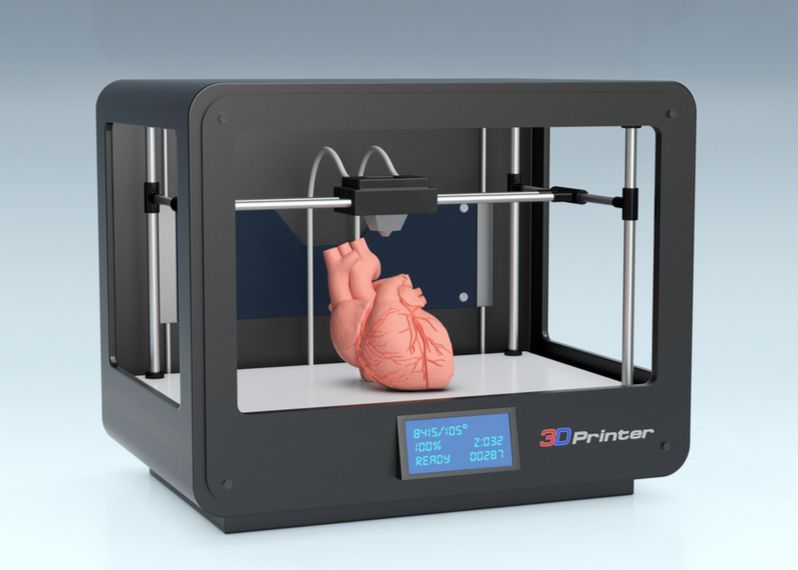

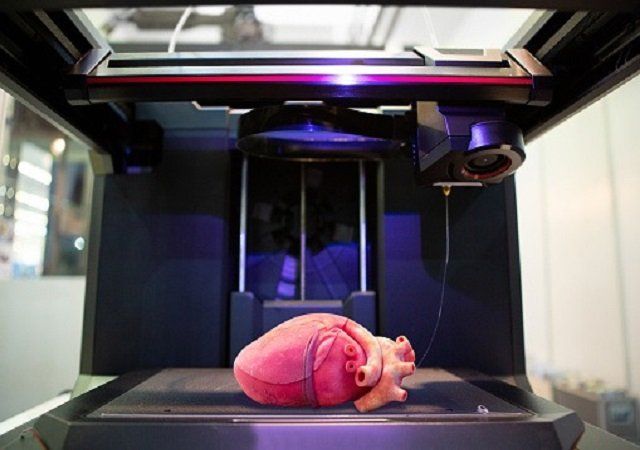
“One of the biggest roadblocks to generating functional tissue replacements has been our inability to print the complex vasculature that can supply nutrients to densely populated tissues,” said Jordan Miller, assistant professor at Rice University in the US.
“Further, our organs actually contain independent vascular networks — like the airways and blood vessels of the lung or the bile ducts and blood vessels in the liver,” Miller said.
“These interpenetrating networks are physically and biochemically entangled, and the architecture itself is intimately related to tissue function. Ours is the first bioprinting technology that addresses the challenge of multi vascularisation in a direct and comprehensive way,” he said.

The cosmos are filled with roughly Earth-sized exoplanets. Various moons, comets, and planets have stores of water, organic molecules, and amino acids like those that make up life on Earth.
Cathal O’Donnell, a 3D bioprinting researcher at St. Vincent’s Hospital in Melbournethose odds — he argues in The Conversation that the abundance of potentially habitable worlds out there makes the discovery of extraterrestrial life “inevitable and possibly imminent.”
In an effort to scale up the manufacture of biomaterials, researchers at UC Berkeley have combined bioprinting, a robotic arm, and flash freezing in a method that may one day allow living tissue, and even whole organs, to be printed on demand. By printing cells into 2D sheets and then freezing them as assembled, the new technique improves cell survival during both building and storage.
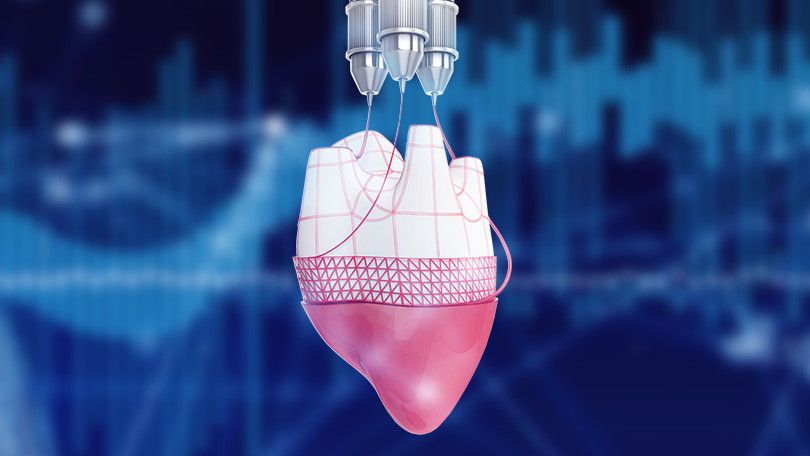
(3D-printed heart scaffold)
As the head of the University of Illinois Urbana-Champaign’s innovative Cancer Center, Bhargava has been plugging away at injecting more advanced engineering solutions into medical problems. The freeform 3D printer is one of the first futuristic achievements of that effort.
But Bhargava’s project is just one of a wave of technologies that stand to transform medicine and healthcare as we know it; to make them faster, more accurate, and hopefully, drastically more affordable. Microneedle patches, handheld diagnostic machines, and better sensing capabilities, as well as 3D bioprinting, are just a few of the technologies coming to a doctor’s office near you—or maybe even into your home—in the next decade.

Korean researchers have been experimenting further in the bioprinting of tracheal implants, publishing recent results in ‘Trachea with Autologous Epithelial Cells and Chondrocytes.’ The team of scientists details their use of polycaprolactone and hydrogel mixed with nasal epithelial and auricular cartilage cells.
After bioprinting an artificial trachea with these materials and tissue, they transplanted them into 15 rabbits, six of which were a control group. The goal was to find a way to overcome tracheal problems due to tumors, the most common of which are adenoid cystic carcinomas and squamous cell carcinomas. Previously there have been substantial challenges in creating viable tracheas that are anatomically correct and can produce a ciliated epithelium. Issues have arisen with infection, implants that become dislodged, have migrated, or experienced obstruction.
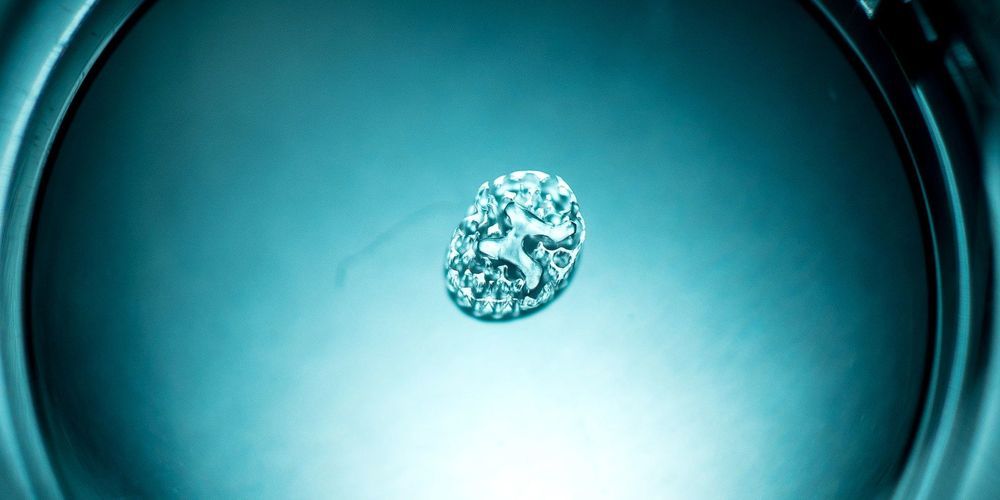
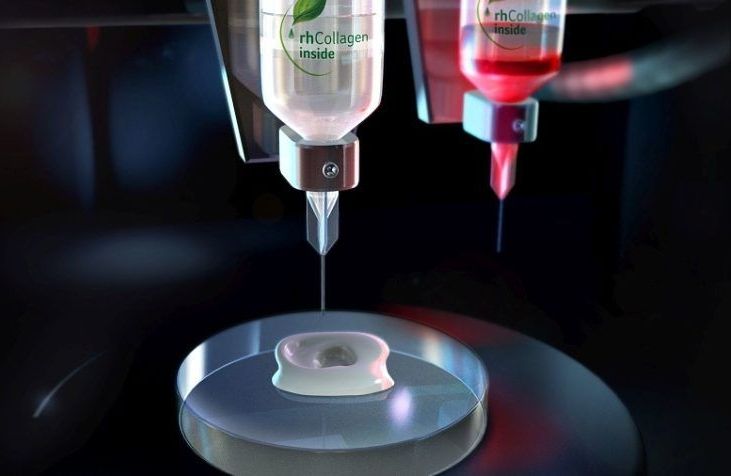
United Therapeutics will license, develop, and commercialize CollPlant Holdings’ recombinant human collagen (rhCollagen) and BioInk technology for 3D bioprinting of solid-organ scaffolds for human transplants, the companies said today, through a collaboration that could generate more than $44 million.
Through its wholly- owned organ manufacturing and transplantation-focused subsidiary Lung Biotechnology PBC, United Therapeutics has been granted what the companies termed an exclusive license “throughout the universe” by CollPlant to its technology for producing and using rhCollagen-based BioInk for 3D bioprinted lung transplants.
Lung Biotechnology PBC is a public benefit corporation formed to address the acute national shortage of transplantable lungs and other organs with a variety of technologies that either delay the need for such organs or expand the supply.